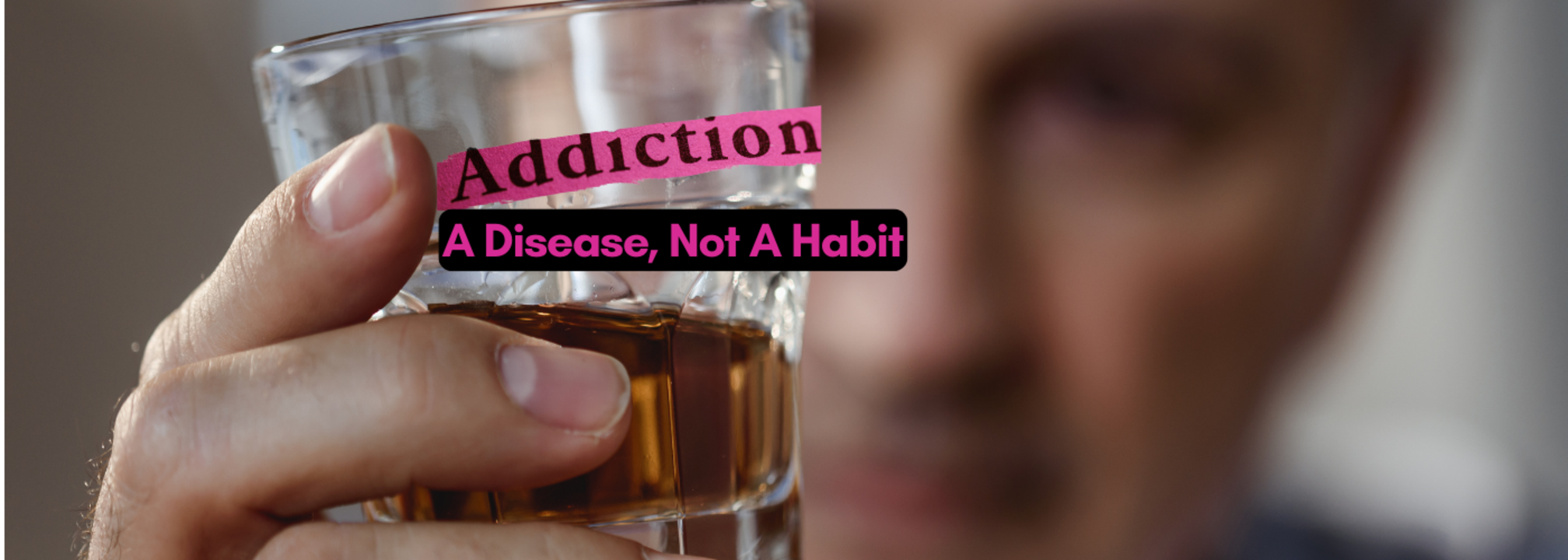World Mental Health Day: Understanding Addiction As A Disease, Not A Habit

Understanding Addiction As A Disease, Not A Habit
SummaryOn World Mental Health Day let's remind and remember that addiction is more than a problem-it is a complex disease and not a habit. Understanding its roots fosters empathy and opens doors to effective treatment and lasting recovery.
End of Article
